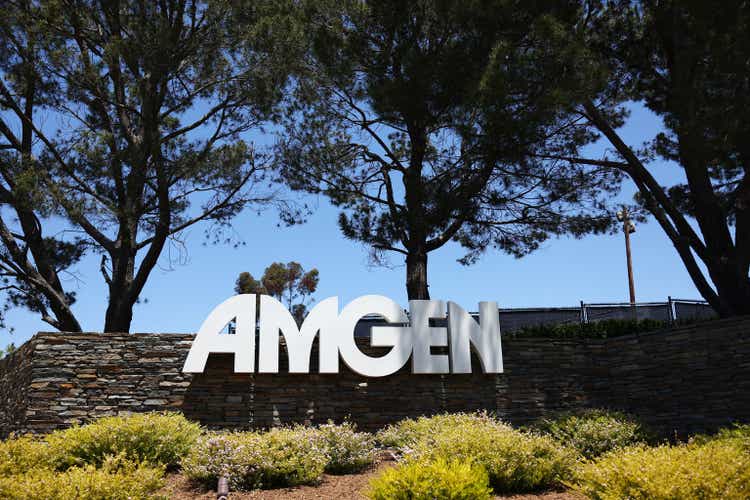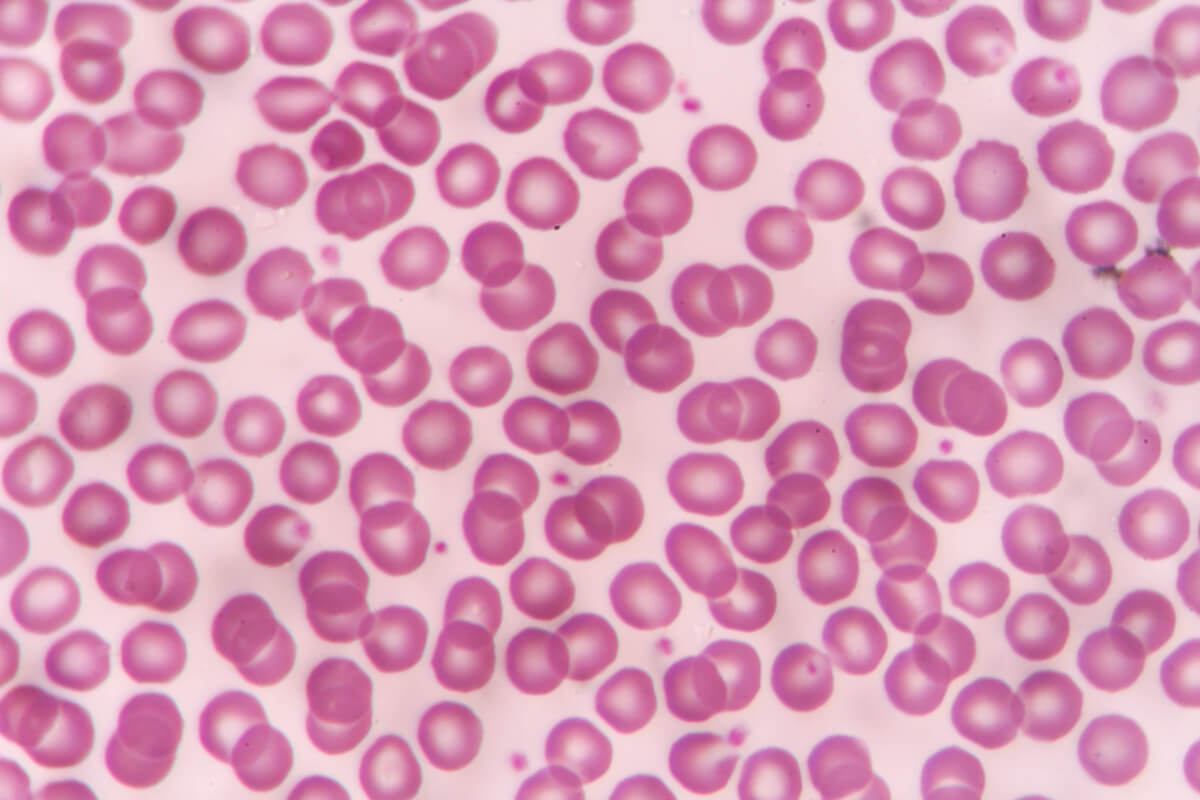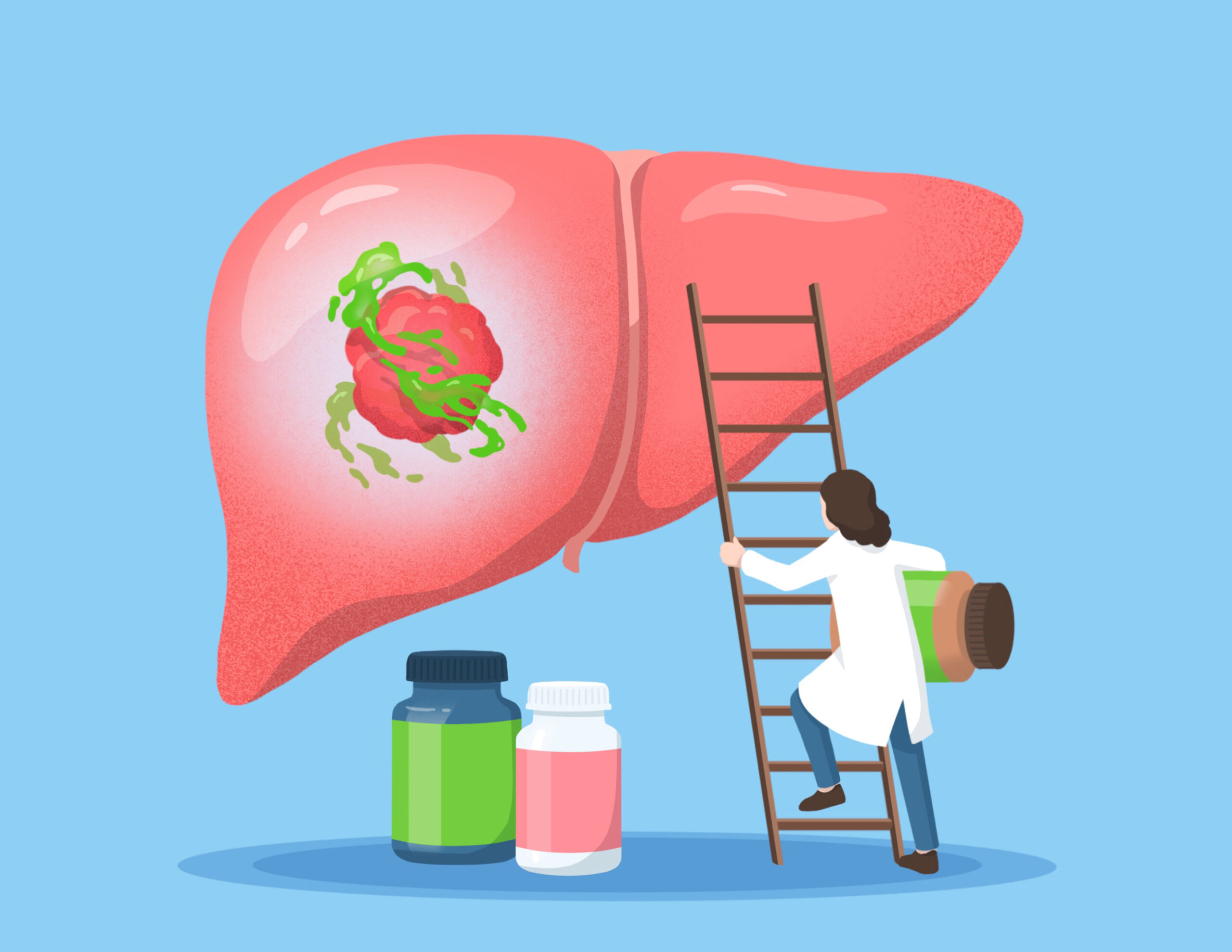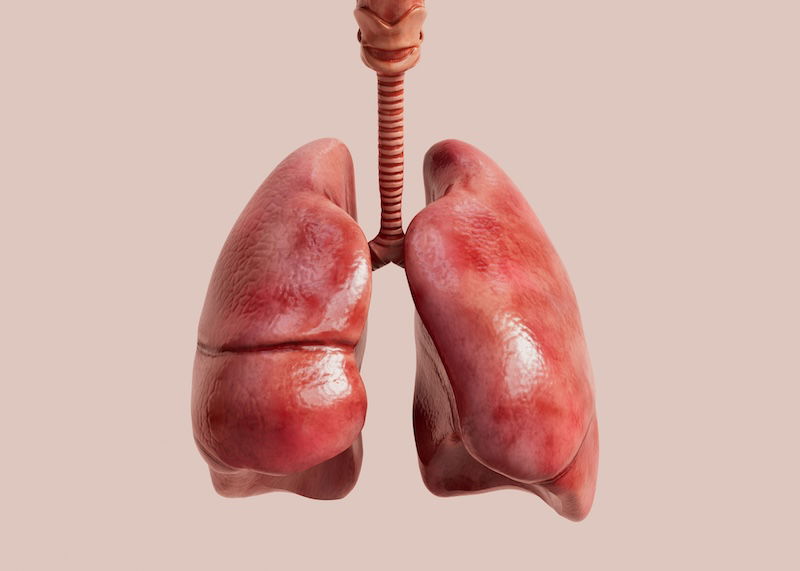Lung
-
Facebook
-
Twitter
-
Linkedin
Liquid biopsies and next-generation sequencing have enabled the detection of actionable mutations. Targeted therapies and immunotherapies, such as PD-L1 inhibitors, have transformed treatment outcomes.

Clean energy is key to reducing lung cancer deaths • Wisconsin Examiner
We must come together to combat air pollution and move to clean energy to prevent more needless deaths from lung cancer.

Dewpoint Therapeutics Announces DPTX3496 as a Development Candidate for the Treatment of Colorectal, Breast, and Lung Cancers
Dewpoint Therapeutics has announced the selection of DPTX3496 as a development candidate aimed at treating colorectal, breast, and lung cancers.

Copper-detection tool discovers possible chelation target for lung cancer
The Chang Lab at Princeton Chemistry continues in its mission to elucidate the role of metal nutrients in human biology: last year, iron; this year, copper.

Amgen Lumakras cleared for colorectal cancer (AMGN:NASDAQ) | Seeking Alpha
Amgen (AMGN) stock in focus as U.S. approval for its lung cancer drug expands for metastatic colorectal cancer. Read more here.

Glass of milk a day cuts bowel cancer risk – study – BBC News
Dark leafy greens, bread and non-dairy milks containing calcium were also found to offer protection.

Scientists transform red blood cells into precision cancer-fighting drones
For decades, treating lung cancer has been like trying to hit a moving target in the dark. Just when doctors think they've found an effective treatment, the cancer adapts and escapes. Now, a team of scientists has developed an ingenious solution.

Lung cancer drug already available on NHS could cut bladder deaths
Patients take part in ‘game-changing’ trial of durvalumab

Bile acids impair liver cancer immunotherapy: A dietary supplement may offer relief
Immunotherapy is a modern approach to cancer treatment that uses a patient’s own immune system to help fight tumors. It has made an incredible impact on treating cancers in many different organ systems, including the lung, kidney, and bladder—but for other cancers, such as liver cancer, the therapy has been much less effective. This discrepancy is especially concerning as liver cancer rates have nearly tripled in the last 40 years.







